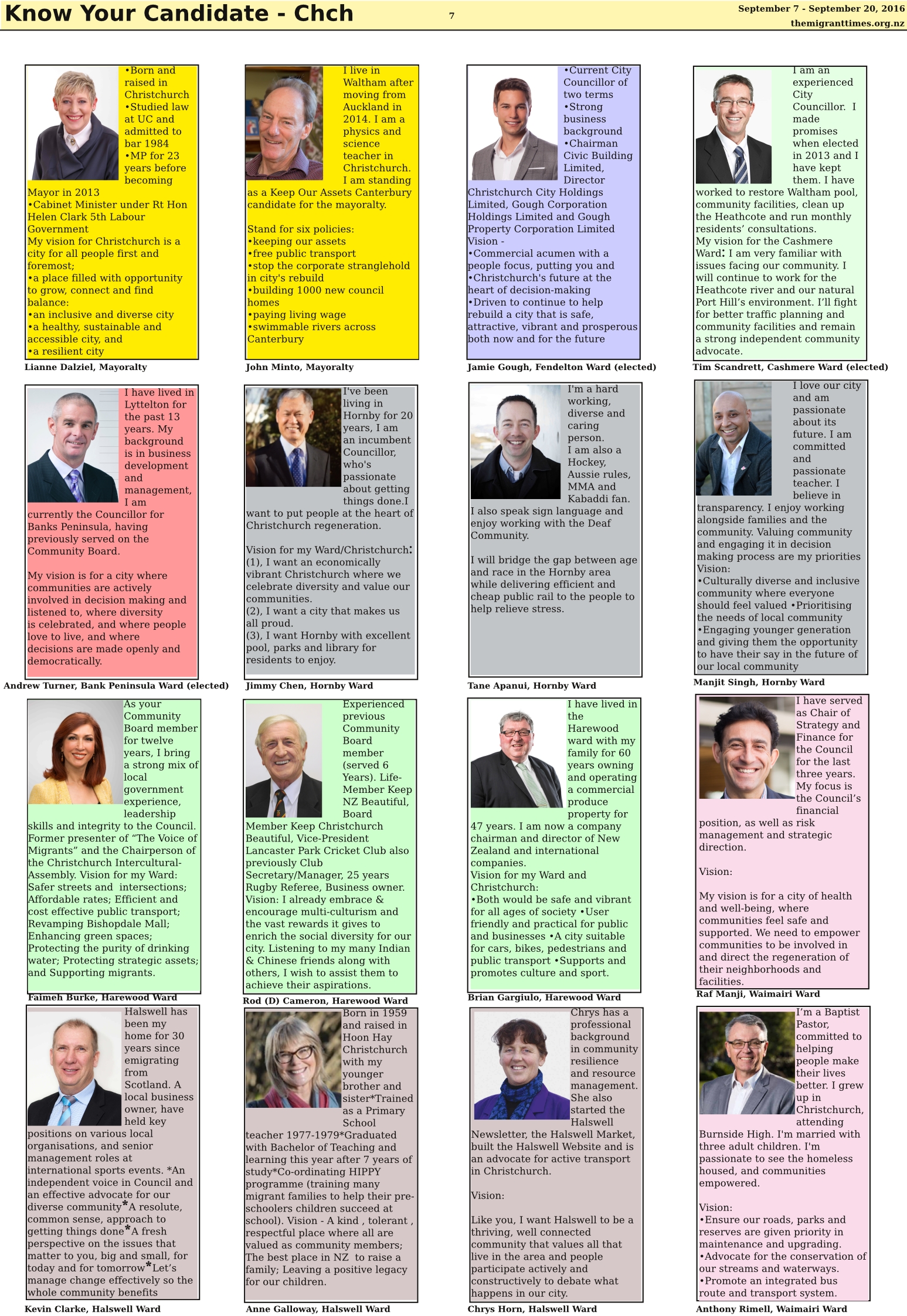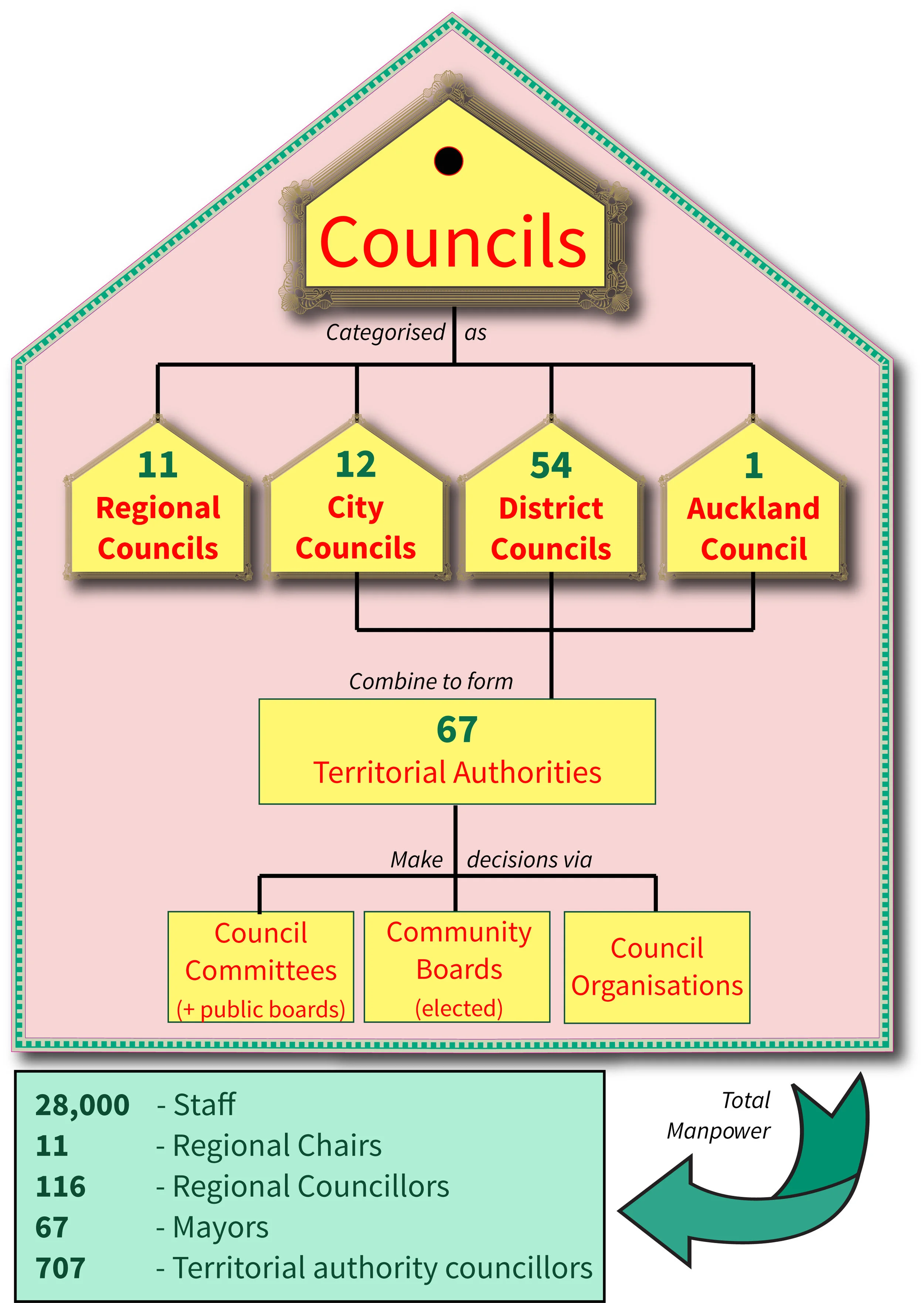Green Party should and will engage more with ethnic communities: Denise Roche
The MP who was in Christchurch recently, after listening to community leaders about migrant issues, also noted that her Party’s immigration policy needs to be updated soon
When a political party wants to contribute towards a diverse, vibrant, exciting New Zealand by engaging more with ethnic communities, it should be a welcome development. It started with the Green Party establishing a multi-cultural network in Auckland, after which focussing on the South Island is the next logical step. Denise Roche, Green Party's in-charge for ethnic affairs, has taken that mantle as part of her ongoing feedback-gathering-exercise across the country.
One such exercise was held in Christchurch on August 31, where community leaders presented her with now-all-too-common stories of exploitation of migrant workers and international students, need for support structure for matching of skills and jobs for immigrants, as well as the need for more cultural sensitivities by the establishment.
To her credit, Roche admitted that it was only in June 2015, that engaging with ethnic communities became a big priority for the Green party. “This dialogue exercise with ethnic communities is encompassing three important aspects. First is how migrants are adding value to NZ, second is the challenges they are facing while integrating into the NZ society, and thirdly what can the Green Party do to help these new New Zealanders settle-in better.
On the sidelines of the public meeting, we sat with Denise Roche for a quick chat about her Party’s immigration policy and stand on several migrant issues.
In your policy, you say that it is important to maintaining a sustainable net immigration flow to limit effects on NZ’s environment, society and culture. Every other party talks about a specific number. What does the Green Party mean by a sustainable number?
Roche: We don’t have a number as yet. That is the whole point of these feedback gathering exercises from ethnic communities. Once we have a proper understanding of all the issues, we will decide on a number, which might happen closer to elections.
In your policy, you talk about requiring employers to give migrant workers at least the minimum wage. This is already the law. What do you mean by requirement then?
Roche: Actually the wording needs to be updated there. It is not about requirement, more so about enforcement. We need more labour inspectors across the country to ensure that the minimum wage act is enforced properly. This the National Government has failed to do so far.
In your policy you talk about making learning of the Treaty of Waitangi compulsory as part of induction of all new immigrants. You also talk about the need for migrants to demonstrate an awareness of key aspects of NZ’s laws and social norms. You also talk about immigrants in some visa categories enrolling for full fee English courses. All this gives a hint of the Green Party not willing to accept other languages and cultures as part of a more diverse New Zealand. Can you please clarify your Party’s stand on all these?
Roche: Firstly let me be honest and admit that I don’t agree with some of the statements mentioned in our Party’s immigration policy. We, at Green Party, totally support and encourage other languages and cultures as part of a more diverse New Zealand. We believe that it makes this country more vibrant.
We will soon be updating the policy statements by the feedback we are gathering.
About the Treaty of Waitangi, we do believe and support treaty-based multiculturalism in New Zealand. Green party’s new immigration policy, when it out, will be based on our key principles of ensuring that new migrants are welcomed and included in the New Zealand society, as well as are treated with dignity, compassion and respect in accordance with international conventions on human rights.



